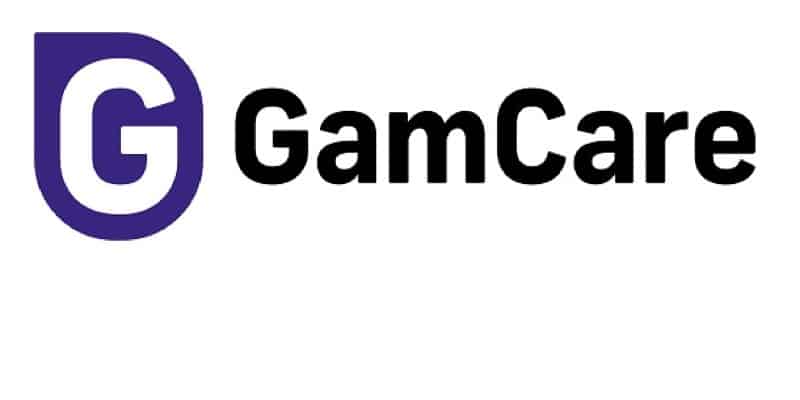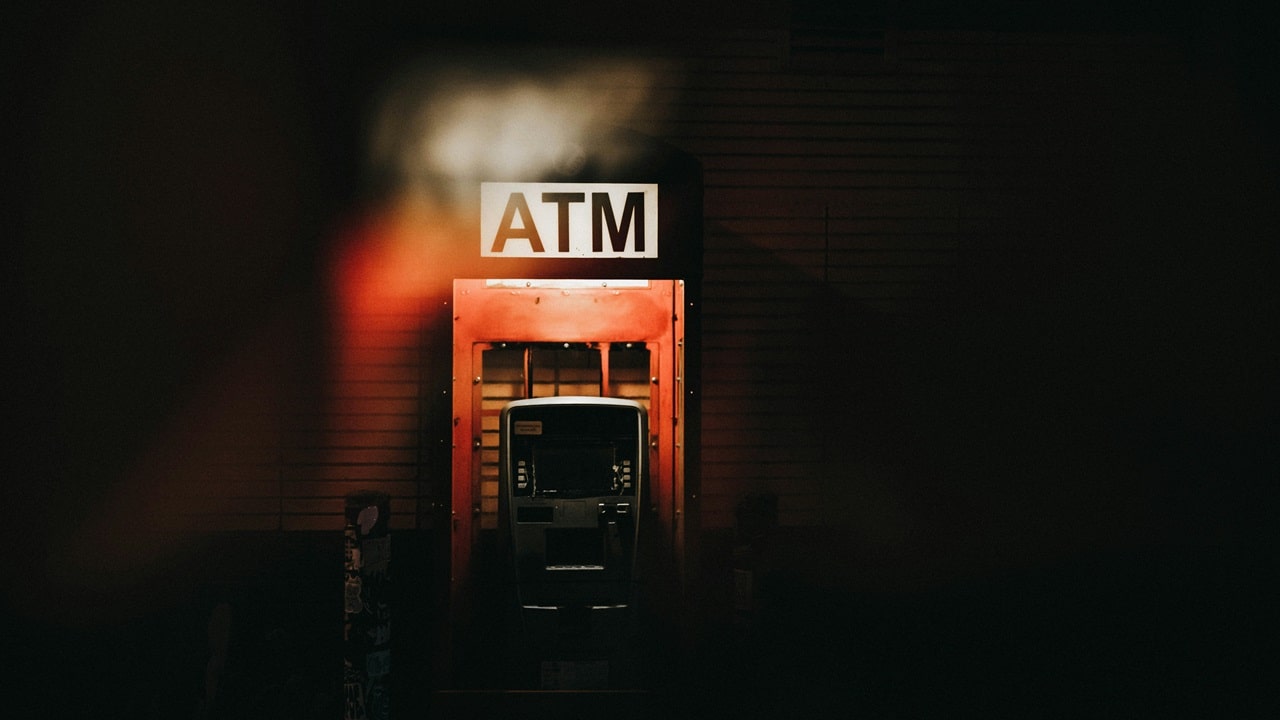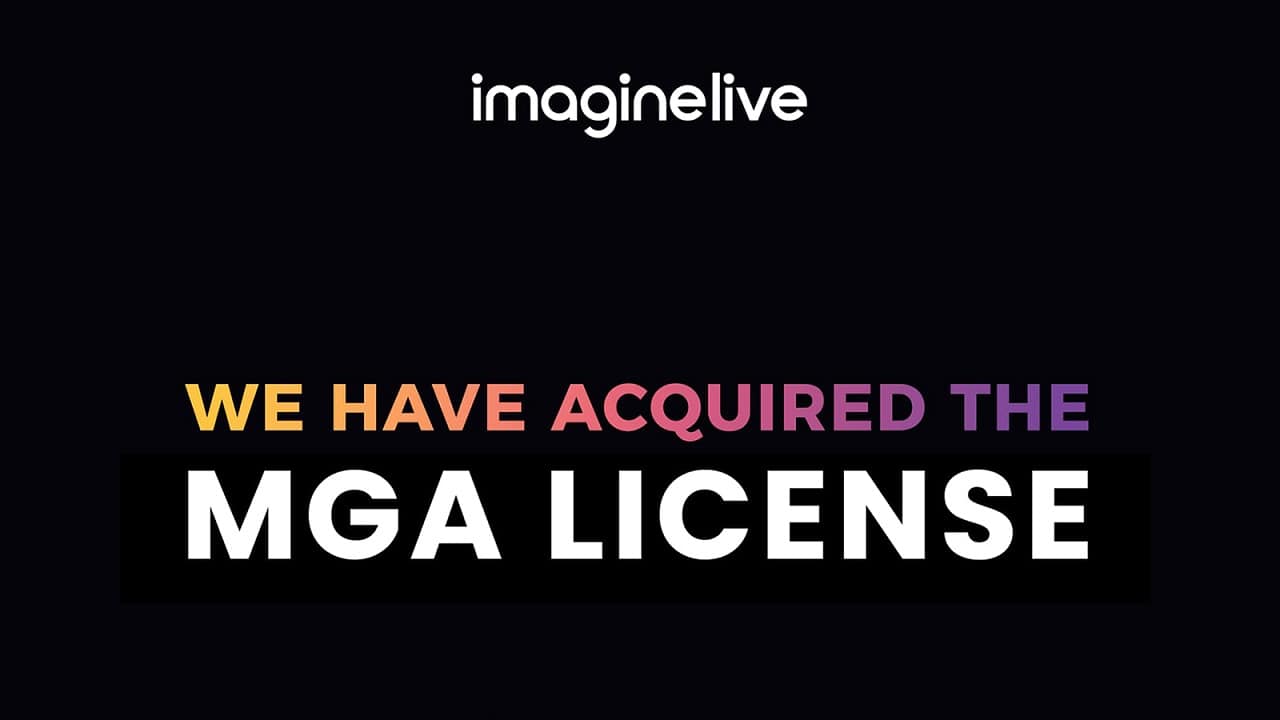
GamCare Ready to Close Gambling Transactions Block Loopholes. The goal of this is to protect customers from harm. (Image Source: gamcare.org.uk)
GamCare, an Independent charity organization in the UK, has urged financial institutions in the United Kingdom to work together to ensure that they close all loopholes linked to the gambling transactions ban to protect vulnerable customers agains0t possible harm. GamCare made the call for cooperation after hosting ‘Gambling Related Financial Harm,’ a workshop organized with several financial stakeholders in attendance. The stakeholders shared their view on the safety features and design of the tools employed by banking services operators to temporarily halt gambling transactions.
Forty-five representatives in total from several financial services of compliance, security, customer verification, current accounts, debt services, payment systems, and banking attended the workshop and aired their views on the matter. Feedback from victims who have had an experience of gambling-related harm was also presented to offer the group some insights into evading gambling transaction blocking mechanisms.
GamCare has identified different ways by which customers were still able to make deposits to online gambling operators after stopping themselves from making deposits to gambling companies using the self-exclusion option. The ‘Gambling Related Financial Harm’ workshop organized by the British gambling support charity organization was targeted at producing practical solutions that will help vulnerable players to have a safer gambling environment.
Gamblers Were Able to Get Around Misclassifying Merchant Codes Blocking Mechanisms
The participants of the workshop organized by GamCare identified ways by which gamblers can still deposit to operators they have earlier banned themselves from depositing to. Several banks in the United Kingdom have launched gambling blocks in the last few years, intending to prevent customers from transacting money to gambling operators from their bank accounts. Such blocking mechanisms can currently prevent only deposit transactions that are card-based and carry a merchant category code that matches gambling operators. There is an increase in the number of non-card transactions encouraged and offers by gambling companies, including open banking initiated e-wallets and quicker payments.
Now, customers can make money transactions in more ways such that they do not fall under the gambling operators’ merchant category code. However, this often leads to less visibility for providers of banking services. One of the most prevalent ways employed by gambling operators to avoid the gambling blocks mentioned above and cover-up transactions as non-gambling payments on credit and debit cards is Misclassifying Merchant Codes. The workshop organized by GamCare came up with some recommendations for the problem at hand, including creating awareness about the risks associated with unregulated gambling firms.
Furthermore, participants in the workshop stated that new payment methods should be actively monitored, especially those not traced by gambling blocks. The ‘Gambling Related Financial Harm’ workshop participants also recommended the invention of a reporting mechanism for customers to lodge their complaints when a gambling block fails. Finally, the GamCare workshop participants also recommended creating a cross-referral system that would be used to communicate and disseminate essential information between partners from the TalkBanStop system such as GAMSTOP, Gamban, GamCare, and financial services providers.





















Leave A Comment